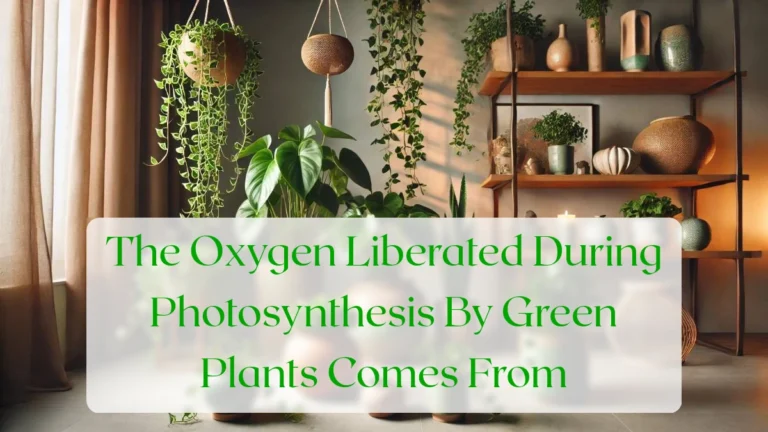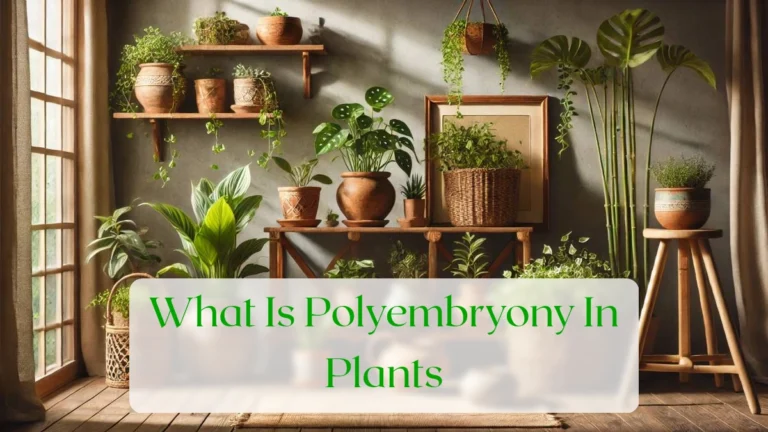Rajasthan’s ancient healing secrets whisper through the wind, carried on the scent of aromatic herbs and blooming flowers. This sun-drenched land, a tapestry of vibrant deserts and rugged hills, holds within it a treasure trove of medicinal plants, a natural pharmacy waiting to be explored. This guide delves into the rich biodiversity of medicinal plants in Rajasthan, providing insights into their identification, uses, and the critical role they play in the state’s traditional healthcare system and rich heritage. Discover the best medicinal plants found in Rajasthan for your health needs, learning about their uses and traditional practices passed down through generations. This comprehensive resource aims to serve both plant enthusiasts and those seeking natural remedies.
Top Medicinal Plants of Rajasthan’s Thar Desert
The Thar Desert, despite its harsh conditions, nurtures remarkably resilient plants brimming with medicinal qualities. These herbs have adapted to survive extreme temperatures and scarce water, making their properties even more potent.
- Aloe Vera: This succulent requires little introduction. Found abundantly in the Thar, it’s known for its anti-inflammatory and skin-healing properties. Its gel soothes sunburns, minor wounds, and skin irritations effectively.
- Giloy ( Tinospora cordifolia): This powerful immune booster has been a cornerstone of Ayurveda for centuries. In Rajasthan, Giloy is used to combat infections, detoxify the body, and enhance overall well-being.
- Neem (Azadirachta indica): A remarkable plant with numerous uses, Neem is a true powerhouse. Its leaves, bark, and seeds find use in treating skin conditions, improving oral hygiene, and combatting various ailments. The antiseptic and antimicrobial properties of the Neem tree are deeply intertwined with the traditional practices of desert healers of the Thar.
Read more: medicinal plants of rajasthan
Medicinal Plants in Rajasthan’s Aravalli Hills
The Aravalli mountain range boasts distinct flora that thrives in cooler conditions compared to the Thar Desert. These plants offer unique medicinal applications appreciated over centuries.
- Brahmi (Bacopa monnieri): This small, creeping herb is renowned to improve cognitive functions like memory and focus. Historically used in calming preparations.
- Tulsi (Ocimum tenuiflorum): More than just a medicinal plant, Tulsi holds deeply spiritual value among many in Rajasthan. In terms of healthcare benefits, the significant antioxidant activities of Tulsi benefit virtually all users regularly. Adaptogenic abilities of Tulsi have also historically made Tulsi of tremendous benefit all across Southern and Central Asia.
- Indian Madder (Rubia cordifolia): Traditional applications involving this plant encompass uses aimed at relieving joint pains and wound closures through various methods well known to healers across the mountain region.
Traditional Uses and Ayurvedic Practices in Rajasthan
Rajasthan’s rich therapeutic heritage uses these plant bounties according to deeply rooted traditions practiced by skilled Ayurvedic experts. This knowledge, passed down through generations, continues to play an important, albeit sometimes contested role in both medical care and spiritual processes across the region among people holding that it serves them best. Complex formulations combining multiple plants with precisely measured substances and methods combine such principles such as herbal oils, which have numerous benefits for the body and mind.
Read more: medicinal plants of west bengal
Sustainable Harvesting and Conservation Efforts
The long-term vitality of Rajasthan’s medicinal plant resources demands mindful safeguarding. Sustainable harvesting is crucial to prevent depletion and thereby ensure access to critical medicines for current communities without undermining environmental goals and future livelihoods. Numerous conservation efforts aim to protect these potent medicines. They range from raising awareness within communities through initiatives supporting self-sufficiency to implementing sustainable cultivation strategies and community engagement projects. The goal and continuing effort of this preservation are not just to secure local herbal supplies but also contributing significantly to the well-being of communities within which that knowledge and plant resources sustain life.
Where to Find Medicinal Plants in Rajasthan (Ethically)
Sourcing these plants without depleting their ecosystems takes precedence. Therefor ethical supply is fundamentally important and involves supporting sustainable farms and local businesses involved in medicinal preparation directly involved in a positive cycle that maintains local livelihoods and the supply of these resources. Purchasing directly from these farms allows customers to be comfortable that ethical sourcing considerations within this environment are a fundamental approach to the entire process. Conversely, supporting businesses that exploit such medicinal herbs is to actively take part in environmental degradation and to actively encourage poor farming labor practices
Read more: medicinal plants in tamilnadu
FAQ
- Are all medicinal plants in Rajasthan safe to use? No, absolutely not. Many carry side effects or potential dangerous interactions thus caution regarding taking them without skilled guidance remains absolute when determining proper usage and avoiding negative risks.
- Where can I find authentic Ayurvedic practitioners in Rajasthan? Finding credible, verified practitioners requires in depth effort that would include local references who you personally trust. Given local customs the degree to which you know someone will change things significantly and directly effect access. This may involve multiple calls or referrals depending on the circumstances you are confronted with. This may take significant effort, however the outcome remains highly dependent on existing connections and knowledge. For this important information you must utilize local sources to gain the most benefit without negative outcome. Be ready to make this challenging for several reasons pertaining to this specialized knowledge itself in particular circumstances.
- What are the potential side effects of using these plants? Side effects are entirely dependent on usage of plant substances at variable ages and conditions of life that exist among the overall diversity affecting its influence overall that can impact many people who interact within such processes on many levels which remains variable by several characteristics. This remains significantly complex for several reasons of fundamental nature.
- How can I contribute to the conservation of medicinal plants in Rajasthan? Choose sustainably sourced products and support the sustainability efforts detailed and locally through community programs to benefit regional initiatives directly. Thereby support sustainable growth, avoiding excessive exploitation.
- Are there government initiatives promoting the use of these plants? It bears noting this region experiences ongoing changes in policy approaches related to medicinal plant sustainability, so directly asking is better left up to more current channels in order to access current data that might involve those questions about government initiatives.
Conclusion
The vibrant world of medicinal plants within Rajasthan’s landscape holds potential in both healthcare needs and maintaining long-term growth along regional considerations that take that into perspective given long standing trends and developments over decades that need taken into account prior. Responsible harvesting, supporting local communities along both ecological and spiritual paths are therefore intrinsically tied into ensuring effective responsible ongoing harvesting with future needs taken under clear direct accountability under sustainable conditions which avoids negative outcomes with clear transparent paths for continued growth maintaining clear considerations over environmental effects of this sustainable growth for lasting growth which promotes benefit that is sustainably managed using informed decisions made by responsible communities and consumers. Preserve & share this ancient healing tradition responsibly! Please share your thoughts and experiences in the comments below.



